Total 1,800.00৳
“Critical Care Obstetrics (Offset-Color)” has been added to your cart. View cart
Standard Clinical Management Protocols And Flowcharts On Emergency Obstetric And Neonatal Care (OGSB Guideline)
250.00৳
| Publisher | : | OGSB |
| Author/Editor | : | OGSB |
| Edition | : | 2019 |
| ISBN-10 | : |
N/A
|
| Category | : | Obstetrics & Gynaecology |
| Dimensions | : | (A4) 8.32 x 11.60 |
| Print Length | : | 136 |
| Binding | : | Paperback |
Add to cart
Buy Now
Description
An “OGSB guideline” refers to clinical guidelines and protocols developed by the Obstetrical and Gynaecological Society of Bangladesh (OGSB) to standardize healthcare practices in reproductive, maternal, newborn, child, and adolescent health (RMNCAH) services and beyond. Read More
These evidence-based guidelines, often developed in collaboration with government bodies, healthcare professionals, and international partners, aim to improve the quality of care, support clinical decision-making, ensure provider competency, and address public health concerns such as the rising rate of cesarean sections.
Key Aspects of OGSB Guidelines:
Focus on RMNCAH:
- Many OGSB guidelines concentrate on improving RMNCAH services through evidence-based practices and clinical protocols.
Clinical Mentorship:
- Some guidelines are part of a larger national strategy for clinical mentorship, which involves experienced healthcare providers mentoring less experienced ones to transfer knowledge and improve skills in technical areas.
Evidence-Based Practices:
- The guidelines provide a foundation for program planners, trainers, and researchers to ensure that healthcare delivery is based on the best available evidence.
Standardization and Quality Improvement:
- By providing standardized clinical management protocols, OGSB helps to improve the quality and consistency of healthcare services and training.
Addressing Public Health Issues:
- Guidelines like those on optimizing cesarean sections aim to address critical issues and public health concerns, such as the increasing rates of C-sections in the country.
Collaboration:
- The development of these guidelines is a collaborative effort, involving members of the OGSB, medical experts from colleges, the Ministry of Health, UN agencies, and non-governmental organizations.




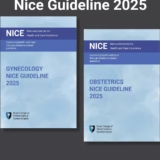
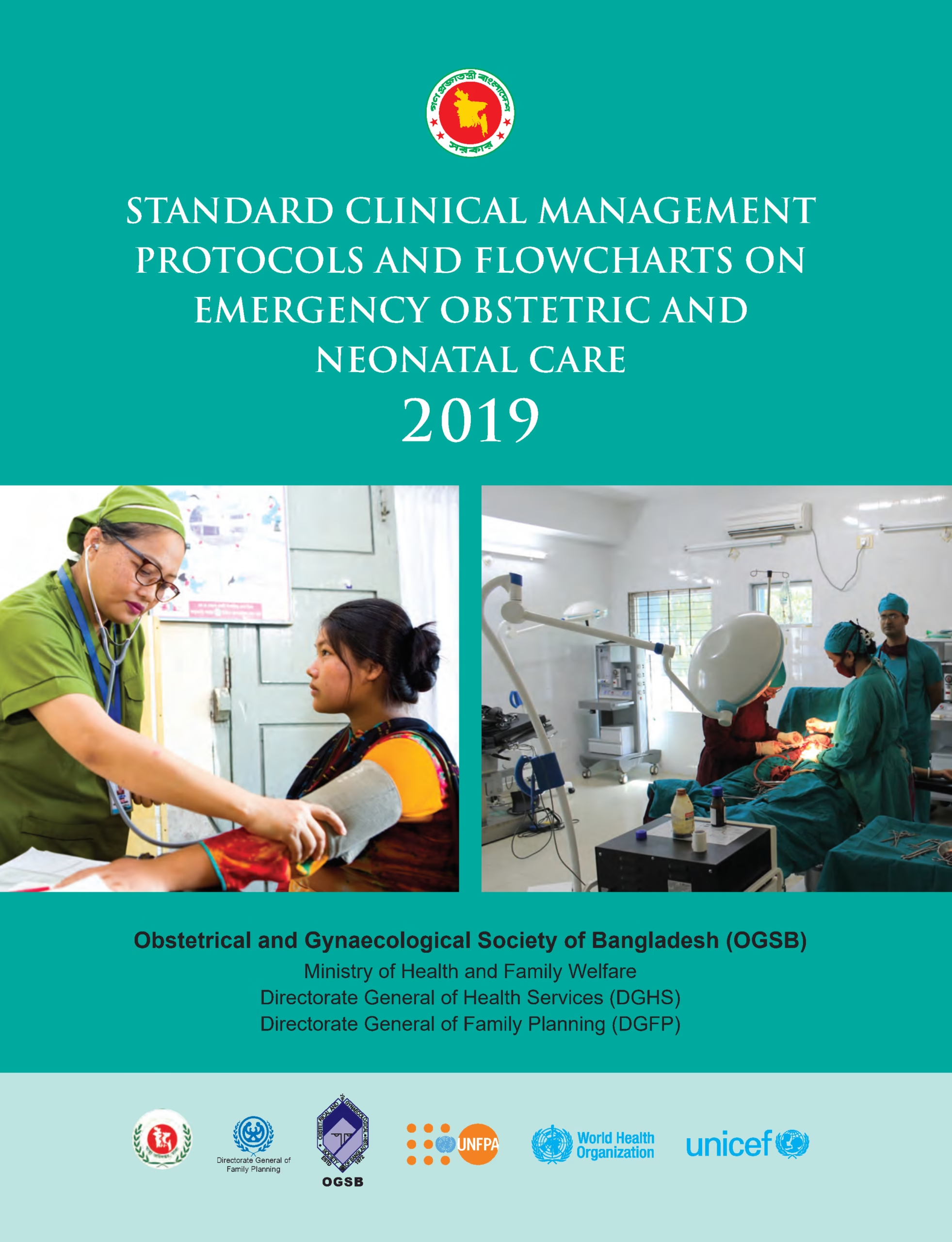

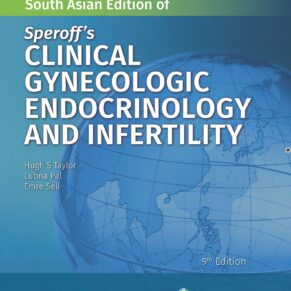
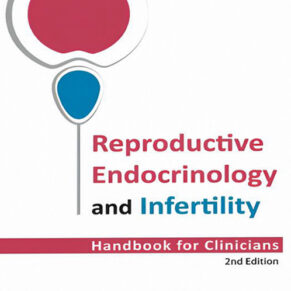


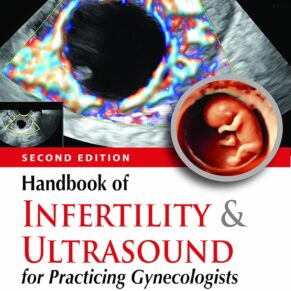


Customer reviews
Reviews
There are no reviews yet.
Write a customer review